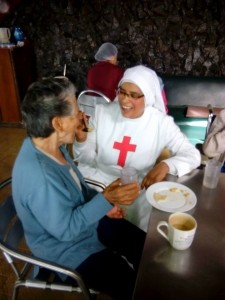 The fifth work of mercy in Matthew 25:36.
The fifth work of mercy in Matthew 25:36.
‘Illness and suffering have always been amongst the gravest problems confronted in human life. In illness, man experiences his powerlessness, his limitations and his finitude. Every illness can make us glimpse death’ (Catechism of the Catholic Church, n. 1500).
In the Old Testament the sick man to the utmost is Job who asks his friends to take care of him in the following way: ‘Hear now my reasoning, and listen to the pleadings of my lips’ (Jb 13:6). He then later says: ‘Listen carefully to my words, and let this be your consolation’ (Jb 21:2). Testimony to visiting the sick is not very frequent in the Bible. There is an example in Sirach which describes it as an act that has a positive impact on the person making the visit: ‘Do not shrink from visiting a sick man, because for such deeds you will be loved’ (Sir 7:35). This text reveals the Jewish mentality of the time which emphasised the person who made the visit and not the sick person himself, in opposite fashion to Matthew 25:36 where the sick person has a dignity that has to be recognised given that he is identified with Christ himself!
In this sense, a ‘sick person has a Christic sacredness that transforms him into a sacrament of Christ’ (L. Manicardi). This approach requires that a person who visits a patient should discover in that encounter with a person who is poor and lacking in strength a pathway and a call that can lead him to assimilate himself to Christ, who ‘though he was rich, yet for your sake he became poor’ (2 Cor 8:9).
‘St. Camillus, touched by divine mercy, while he was at the service of the sick in St. James’ Hospital of Rome discovered that the Lord wanted him there and thus he consecrated himself for them through the vows of poverty, chastity and obedience but he asked Pope Gregory XIV to be able to profess a specific fourth vow as well: to serve the sick even when there was the plague, that is to say with a total dedication which included the total gift of one’s own life.
The sick then became his ‘lords and masters’ and his Order took the name of ‘Ministers of the Sick’ in order to emphasise the ‘regal’ importance of the sick, the body of Christ’.








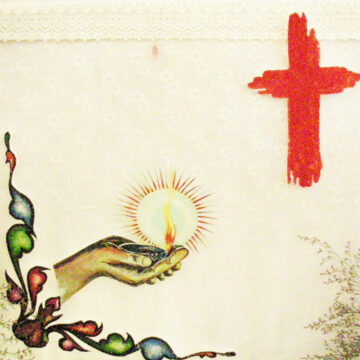
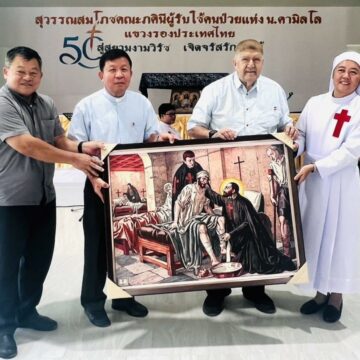
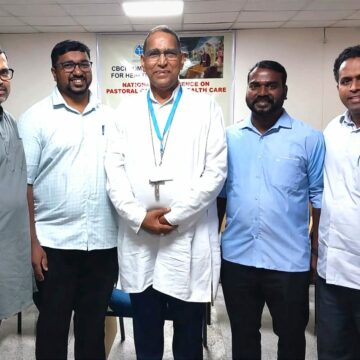


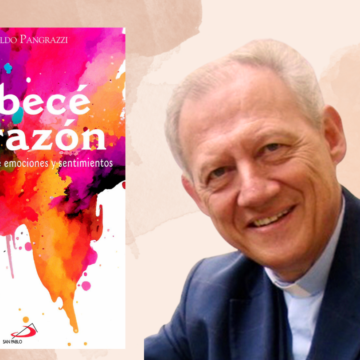
Camillians on Facebook
Camillians on Twitter
Camillians on Instagram